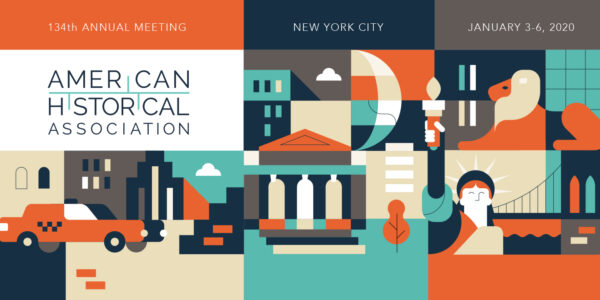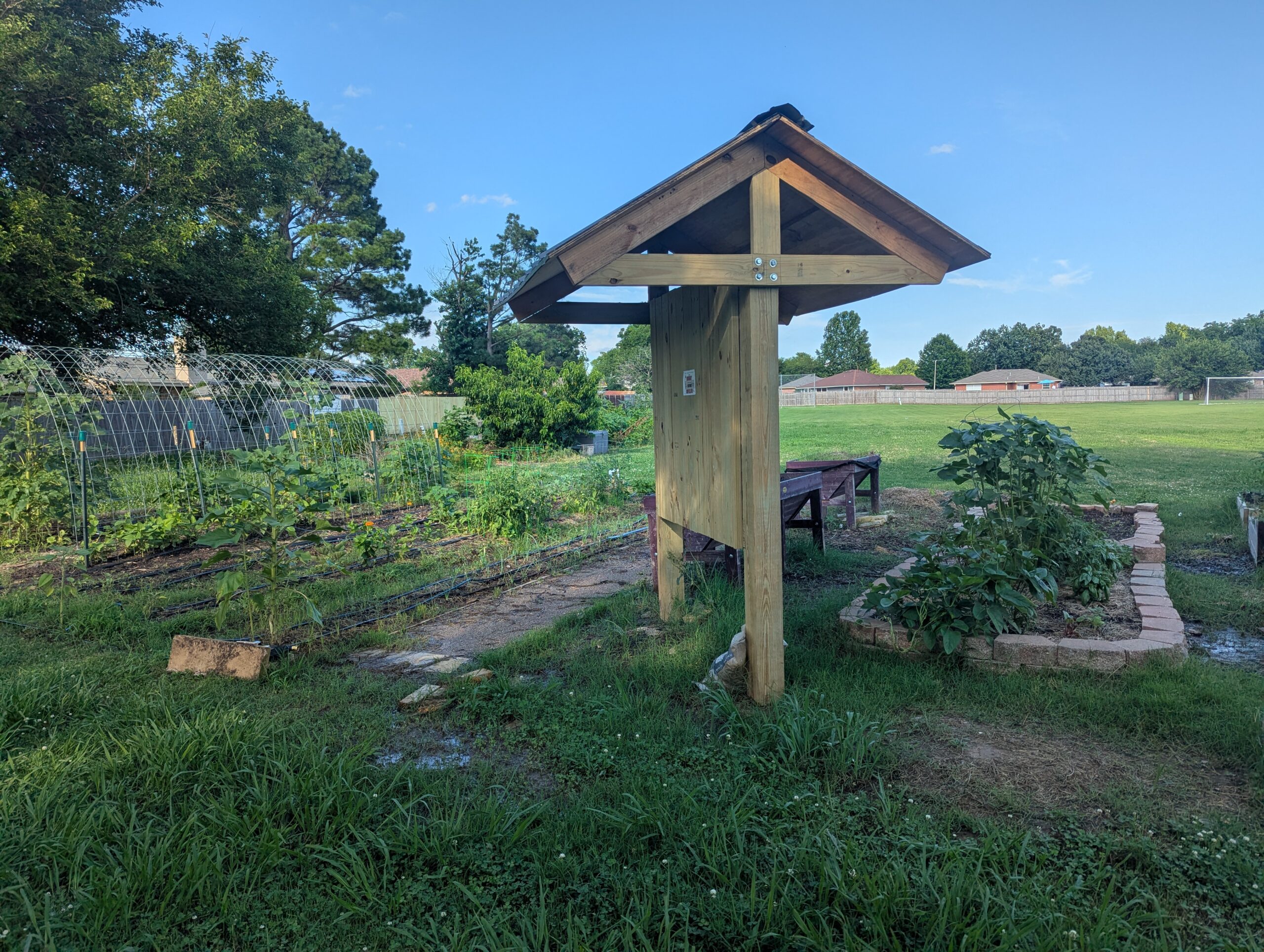What is the role of historians as educators? Are we facilitators of free speech among our students, whatever the content of that speech, or guardians of responsible academic conduct, even if that infringes on the “free speech” of some of those students? As demographics in the US academy shift, universities and their frontline teachers face a political conundrum. Higher education is still struggling to make space for ever-more diverse voices, yet it also faces criticism that its political and philosophical biases stifle the speech of conservative students. What may be a principled expression of free (albeit controversial) speech to one student can be a hurtful grievance to another. And how do we navigate our personal politics, and their role in our teaching? This is especially prominent for junior academics, both graduate students and untenured faculty, as their exercise of free expression can become a lightning rod for criticism that can be professionally damaging, in the form of student complaints and negative course feedback.

At AHA20, you’ll find no less than three panels grappling with these challenging questions, and their broader context of the politically polarized times we live in.
Free Speech in Polarized Times
It is no secret that Americans today are ideologically divided. Professors’ and teachers’ statements, views, and even their syllabi can become fodder for polarized debate. In The Professor in Polarized Times: Challenges of Free Speech and Inclusion on Campus and in the Classroom, an ideologically diverse panel chaired by Jonathan Friedman, project director for campus free speech at PEN America, aims to put our political moment into context. Featuring Eddie Cole (Coll. of William and Mary), Johann Neem (Western Washington Univ.), Elizabeth Niehaus (Univ. of Nebraska–Lincoln), and Jonathan Zimmerman (Univ. of Pennsylvania), the panel runs from 8:30 to 10:00 a.m. on Sunday, January 5 in the Sheraton’s Empire Ballroom East. Covering the history of free speech, inclusion, and the university, this event will explore how societal expectations of universities and colleges changed amid growing political polarization, and how are these institutions changed administratively in response. Amid these changes, the panelists will also offer their views on how academics can and should manage the political demands of students, administrators, and the wider public. The panel hopes to offer the audience creative strategies for teaching a new generation of students to engage in constructive dialogue with those with whom they differ politically.
Free Speech and Protest for Junior Scholars
Freedom of expression has long been at the heart of the historical profession, in both teaching and writing the histories of prejudice, power, and violence. But how do graduate students and untenured faculty exercise that freedom, when temporary employment positions can be jeopardized by pressure from above and below? In Fearless Speech: Navigating Protest, Confrontation, and Freedom of Speech as a Young Historian, the AHA’s Graduate and Early Career Committee asks how younger historians can navigate their contingent institutional positions to speak freely, in public and in the classroom. Chaired by Amanda Scott (Penn State Univ.), it also features Stephanie Jones-Rogers (Univ. of California, Berkeley), David Walsh (Princeton Univ.), and Leslie Whitmire (Georgia State Univ.). The panel invites perspectives on campus activism and controversies over First Amendment rights to explore the responsibilities graduate students and assistant professors have in promoting and facilitating and protecting free speech and freedom of assembly in university settings. The panel runs from 9:30 to 10:30 a.m. on Monday, January 6 in the Hilton’s Sutton South.
Free Speech and Academic Freedom
In the final panel, historians will discuss the ways free speech and academic freedom often overlap in the face of challenges from influential figures who find arguments in historians’ academic work threatening or inappropriate. They also tackle how the two concepts can collide, as demands for controversial outside speakers to have their voices heard on campus have sparked debates over what sort of speech is acceptable in academic environments. Chaired by Michael Meranze (Univ. of California, Los Angeles), the panel for Academic Freedom and the Historical Profession includes Carmen V. Harris (Univ. of South Carolina Upstate), Henry Reichman (California State Univ., East Bay), Joan Wallach Scott (Institute for Advanced Study), and Jay M. Smith (Univ. of North Carolina at Chapel Hill). Among the issues to be addressed are the rights of student protesters and outside speakers, the relationship between collective bargaining and academic freedom, the influence of external donors, curricular interference by trustees and politicians, and targeted harassment on social media. You’ll find this panel in the Hilton’s Beekman Room from 11:00 a.m. to 12:30 p.m. on Monday, January 6.
Academic freedom is just one campus issue under discussion at the AHA annual meeting. We hope you will check out the full program and join us in NYC in January at #AHA20!
Christopher Flanagan is the 2019–20 Mellon Postdoctoral Fellow at the AHA.
This work is licensed under a Creative Commons Attribution-NonCommercial-NoDerivatives 4.0 International License. Attribution must provide author name, article title, Perspectives on History, date of publication, and a link to this page. This license applies only to the article, not to text or images used here by permission.


